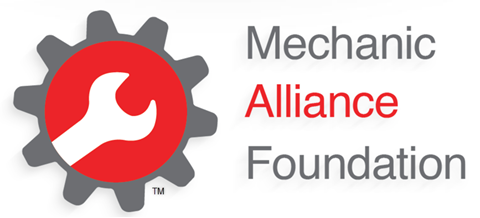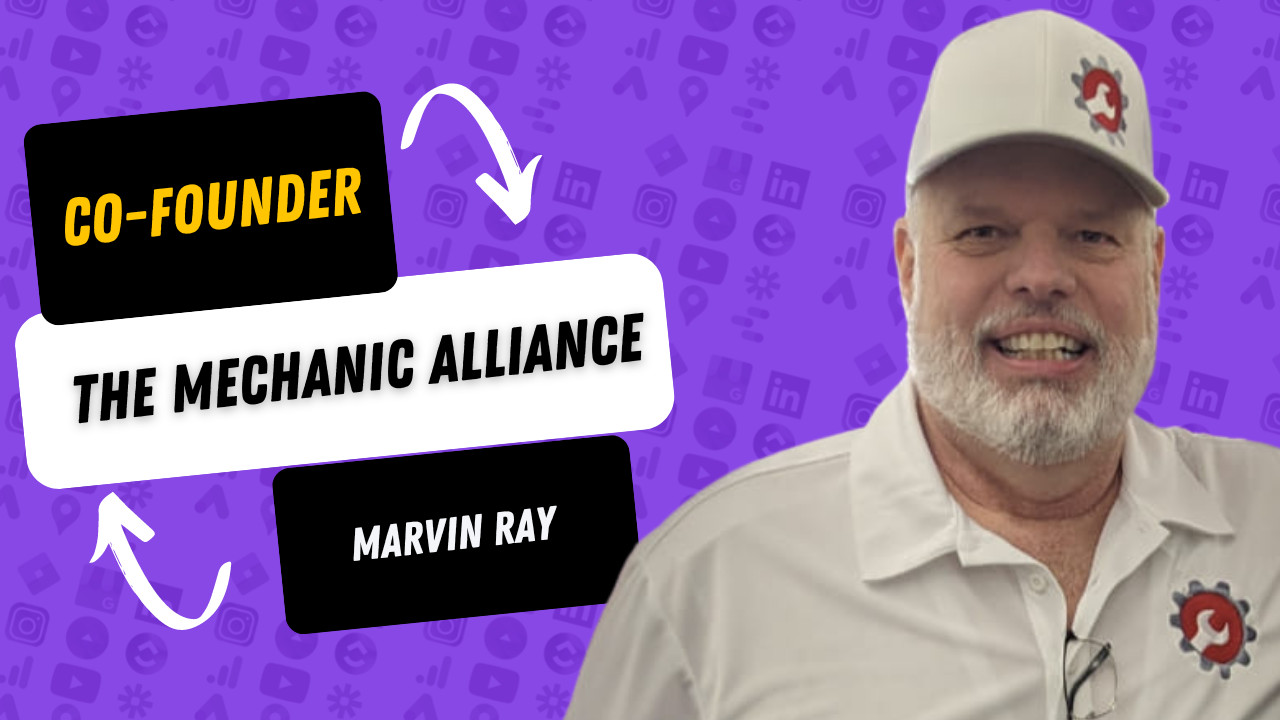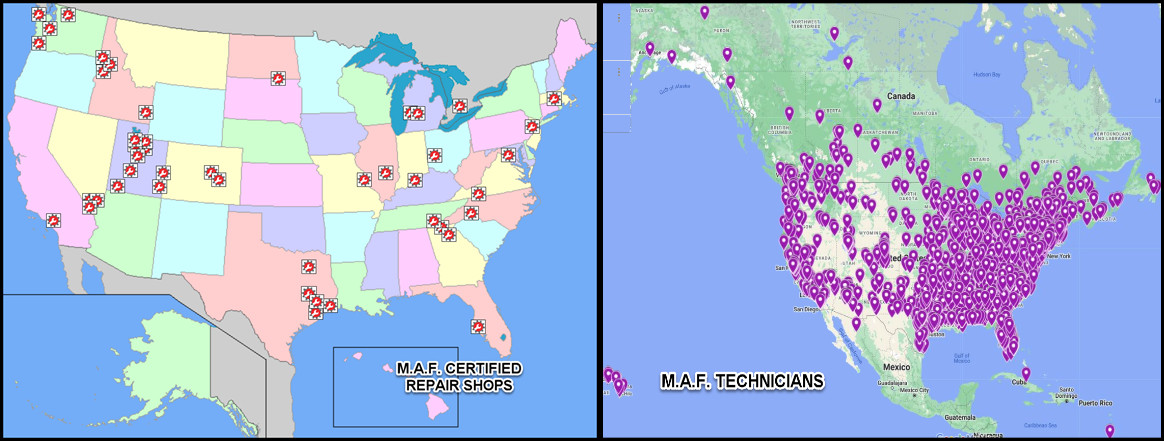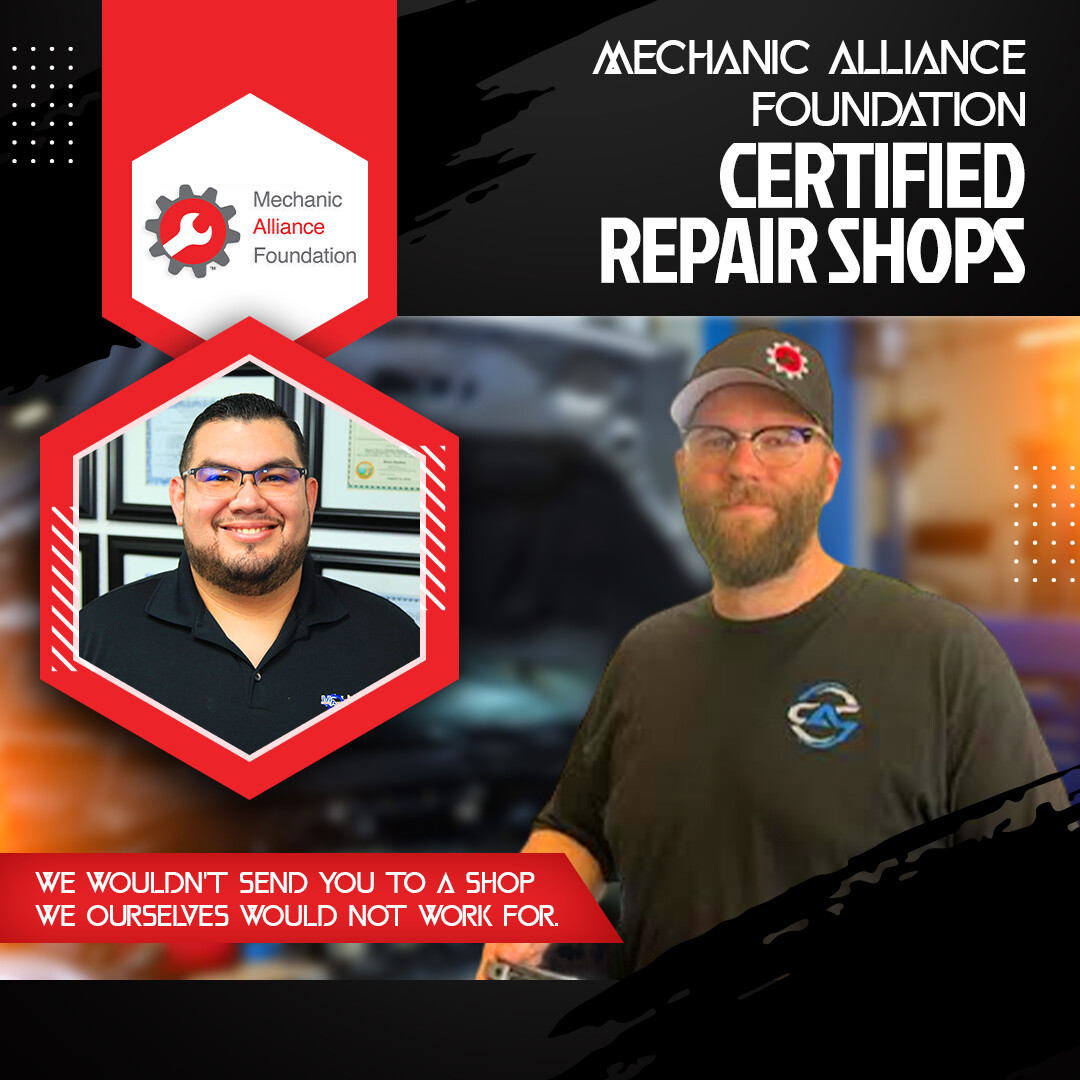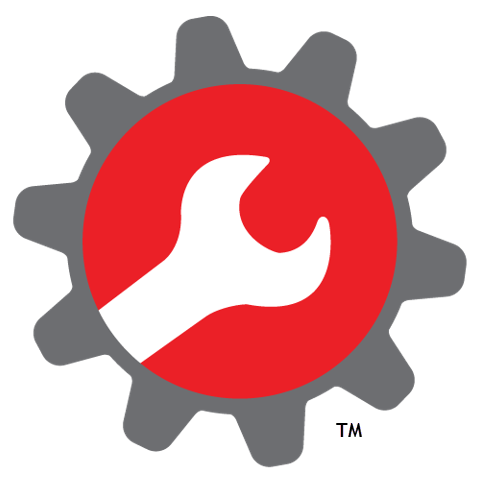
Today we are talking about the automotive lab scope. If you’re brand new to the auto repair business, welcome, this article is for you. If you’re a veteran pico guru with terabytes of known goods, (send them to me) and welcome, this article is for you. I can take the liberty of speaking for the rest of the Mechanic Alliance crew, and tell you that we are advocates of Lab Scope usage. In my opinion there is not another single tool that will increase your understanding of a system and how it’s working. I don’t claim to be the Michael Jordan of the Picoscope, and within the Mechanic Alliance members we have some very advanced users. I can however tell you that owning my own scopes, and understanding their use has propelled my pay forward more than the speed of my 20’s ever could have.
First let’s address the naysayers.
Scopes are a waste of time, I’m old school and never needed it. (says the guy who only hangs suspension parts)
If you really know how to diagnose, you don’t need a scope. (says the guy who shotguns parts when swapnostics don’t work and is wrong half the time)
Scopes are too expensive, Snap On charges $10,000 for one. (please don’t feel like you need the latest and greatest snap on scan tool to be proficient with a scope)
I’m flat rate, I don’t have time to get good at using a scope (your first clutch, or head gasket, or basically anything wasn’t 175% efficient. Practice)
I don’t have anyone to teach me (Mechanic Alliance can and will teach you)
These are things that I have personally heard over the years, and even believed some of them for a while. Then I saw the light. I must sincerely thank Paul Danner (maybe he’ll read this) for exposing me to the world of lab scopes. I worked at a dealership for years and we had one, in the foreman’s office, in a box. I rarely used it and it stunted my growth. When I decided I wanted to get serious about diagnostics I bought my first scope. I remember the first time I actually needed it. It was a LIN BUS version and I needed to verify the signal at several points. My AES Wave uScope, I was so proud of it.
But why? What are all those squiggly lines actually gonna do?
If you ever have the chance to attend any formal diagnostic training you’re going to hear your trainers tell you that understanding how the system works is the most crucial step. The lab scope SHOWS you how it’s working. When you understand what is supposed to happen, and can measure what is actually happening, with a visual representation, you will have a large portion of what you need to diagnose anything. You will also be able to back up your diagnosis with real data. Actual facts. Savable, shareable, repeatable data. That is what separates you from your peers. That is what shop owners are willing to pay a premium for. I am often asked to assist with interview processes, my go to question for every level of tech is “how comfortable are you with lab scope use”. I have yet to have someone say that they are even moderately experienced.
I recently had a chance to attend a conference attended by hundreds of shop owners. I spoke to several and there was one thing that most of them had in common, not enough techs. As I dug deeper into conversation with them, the truth was, there are not enough techs with diagnostic abilities, or diagnostic tools. Every shop owner I spoke with was willing to pay or was already paying the top levels in our industry. I heard $65 per flat rate hour, IN THE MIDWEST!.
But what does this mean for you? How can using a scope benefit you? This is a pretty large topic and we will get more in depth in parts 2 and 3, but at the end of the day, being proficient with a scope makes you better at your job. You’ll be able to diagnose faster and more accurately, you’ll be able to document your findings, even share your findings with your peers here at Mechanic Alliance if you need some help interpreting the data, and you’ll make more money.
People who are good at their jobs will make more money and have better days. As a young private in the Army I was told that the easiest way to have a good time in the Army is by being good at your job. It holds true for auto repair as well. Stay Tuned for part 2 and 3, and keep your ears and eyes peeled for the Mechanic Alliance Lab Scope Classes that are coming soon!
Lab scopes range from simple entry level units like this one from Hantek https://amzn.to/3H5aRD0 to a unit like the Micsig with https://amzn.to/3H5aRD0 more features and abilities. No matter what your budget is, there is a way to get involved with the world of Lab Scopes.
JOIN https://mechanicalliance.com/ TODAY!
